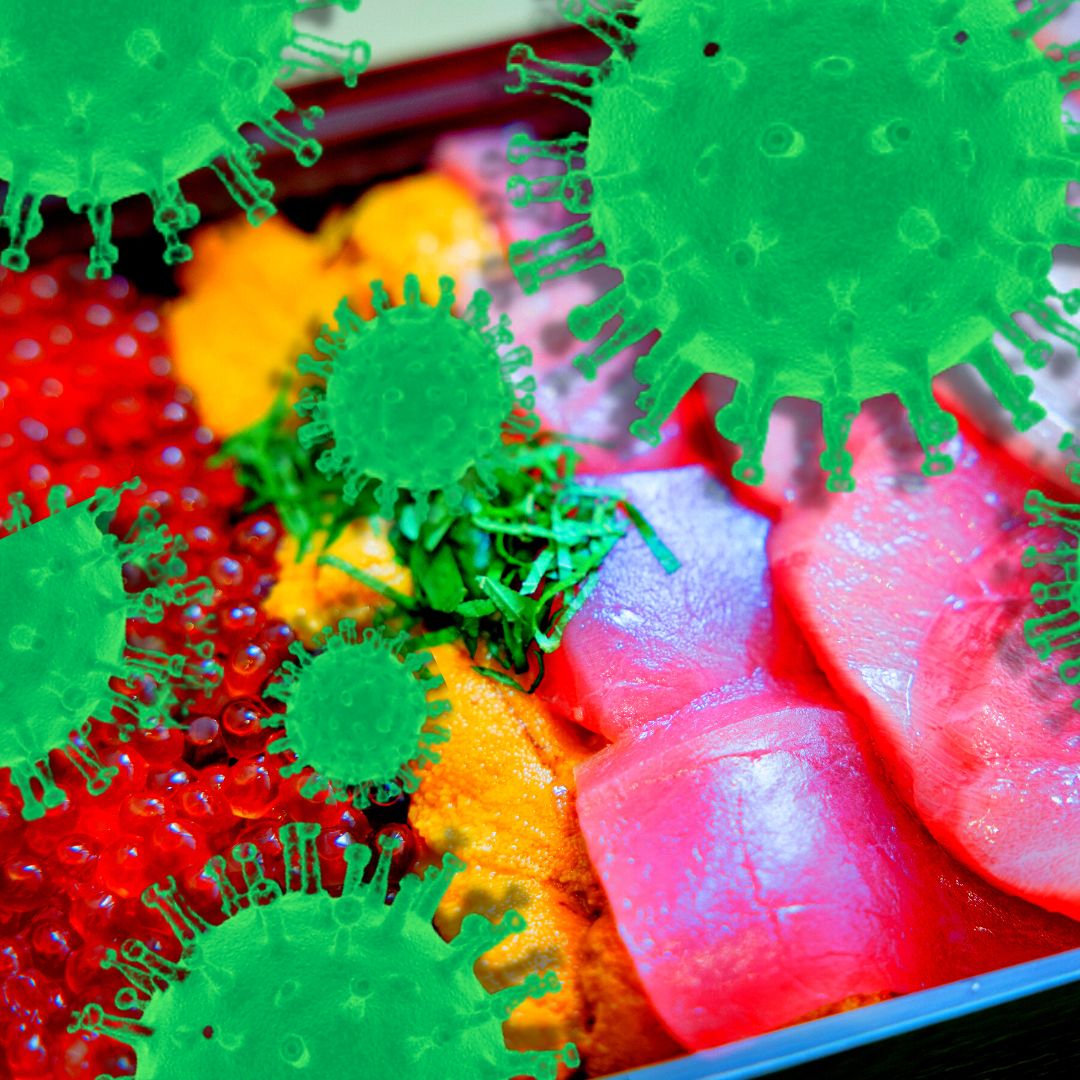COVID-19 Virus Might Survive On Refrigerated & Frozen Meat For Nearly 30 Days: Study
Writer: Snehadri Sarkar
While he is a massive sports fanatic, his interest also lies in mainstream news and nitpicking trending and less talked about everyday issues.
Others/World, 29 July 2022 6:03 AM GMT
Editor : Shiva Chaudhary |
A post-graduate in Journalism and Mass Communication with relevant skills, specialising in content editing & writing. I believe in the precise dissemination of information based on facts to the public.
Creatives : Snehadri Sarkar
While he is a massive sports fanatic, his interest also lies in mainstream news and nitpicking trending and less talked about everyday issues.
The study, recently released in the journal Applied and Environmental Microbiology, was performed using beef, chicken, salmon, and pork and surrogate viruses with spikes identical to those on SARS-CoV-2.
A new study suggests that the highly contagious SARS-CoV-2 virus, which causes COVID-19, might be able to survive on fish and meat products inside the freezer or the refrigerator for up to 30 days.
The research work, officially published in the journal Applied and Environmental Microbiology, was conducted using beef, chicken, salmon and pork, and surrogate viruses with spikes kind of identical to those on SARS-CoV-2.
What's The Study?
The scientists stored the fish and meat products at freezer temperatures (minus 20 degrees C) and refrigeration (4 degrees Celsius). The SARS-CoV-2 virus might be able to survive on fish and meat products inside the freezer or the refrigerator for nearly a month, as per the study.
"Although you might not store meat in the fridge for 30 days, you might store it in the freezer for that long," study first author Emily S. Bailey, an assistant professor at Campbell University in America, was quoted as saying by a Financial Express report.
The scientists decided to conduct the research after learning that the COVID pandemic outbreaks occurred in Southeast Asia before community transmission.
Interesting Research Findings
Bailey added that info from those communities implied that packaged meat products produced in areas that saw SARS-CoV-2 circulation could have been the main source of the novel virus. This study aimed to investigate whether or not viruses could survive in those environments.
The research is also essential due to SARS-CoV-2 being able to replicate within the gut and in the respiratory tract, Bailey said.
In the study, the researchers used one RNA virus with a lipid envelope and two animal coronaviruses, murine hepatitis virus and transmissible gastroenteritis virus, as surrogates.
All three viruses were earlier used as surrogates for SARS-CoV-2, generally with more significant reductions in their total observed at refrigeration than at freezing temperatures.
 All section
All section















